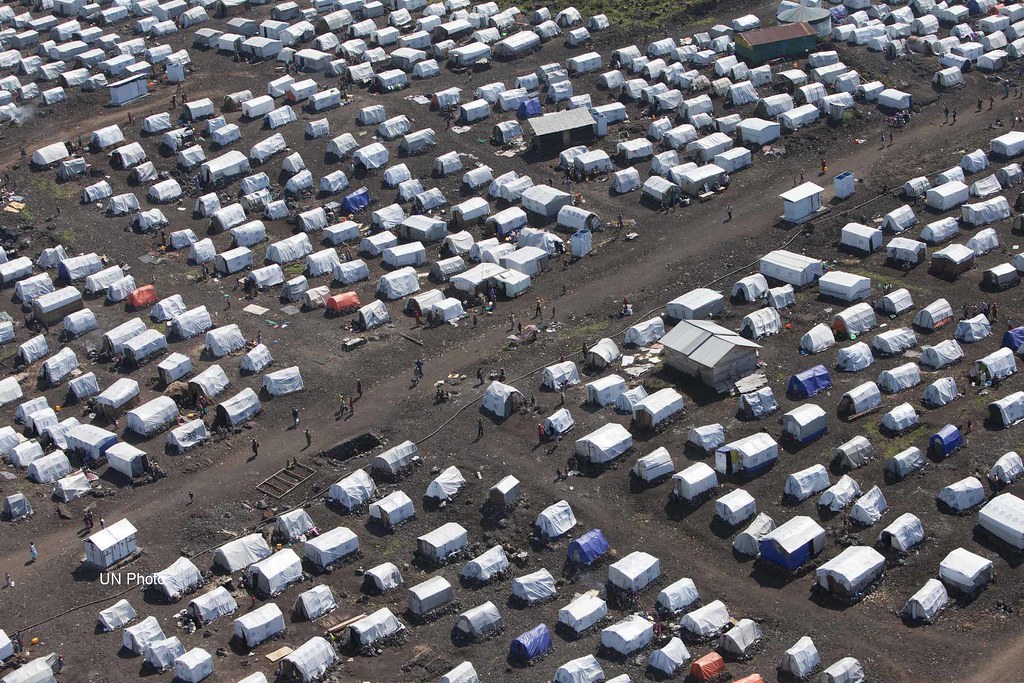Deadly violence struck the eastern Democratic Republic of the Congo (DRC) as an overnight attack on the outskirts of Oicha town in Beni territory resulted in a massacre, with at least 26 people killed. The ADF (Allied Democratic Forces), an Islamist militant group linked to ISIS, is suspected of carrying out the attack in North Kivu province. The ADF, originally formed by Ugandan rebels, has been active in the region since the mid-1990s, where they have been responsible for thousands of civilian deaths. In 2019, they pledged allegiance to ISIS, which has since claimed some of their actions and referred to them as its “Central African province.”
The recent violence in the DRC began when ADF militants attacked the city of Oicha, looting and killing, primarily using knives. Angry demonstrators protested the lack of security, setting fire to humanitarian vehicles that were preparing to distribute food.
In another part of the province, fighting has intensified since early October between the M23 rebels and pro-government armed groups. The clashes took place approximately 20 kilometres north of Goma, a major city near the Rwandan border. While the official position is that the army respects a ceasefire mediated by regional actors, witnesses claim that government forces and allied armed groups are battling against the M23, a rebellion believed to be supported by Rwanda.
The United Nations humanitarian coordination (Ocha) estimated that nearly 200,000 people have been displaced from their homes in the Rutshuru and Masisi territories since October 1. The fighting has also caused civilian and combatant casualties in recent weeks in the Nyiragongo territory, closer to the provincial capital.
The situation in eastern Congo remains complex and volatile, with ongoing violence involving various armed groups. International actors, including UN and East African forces, are working to stabilise the region, but the challenges persist.

